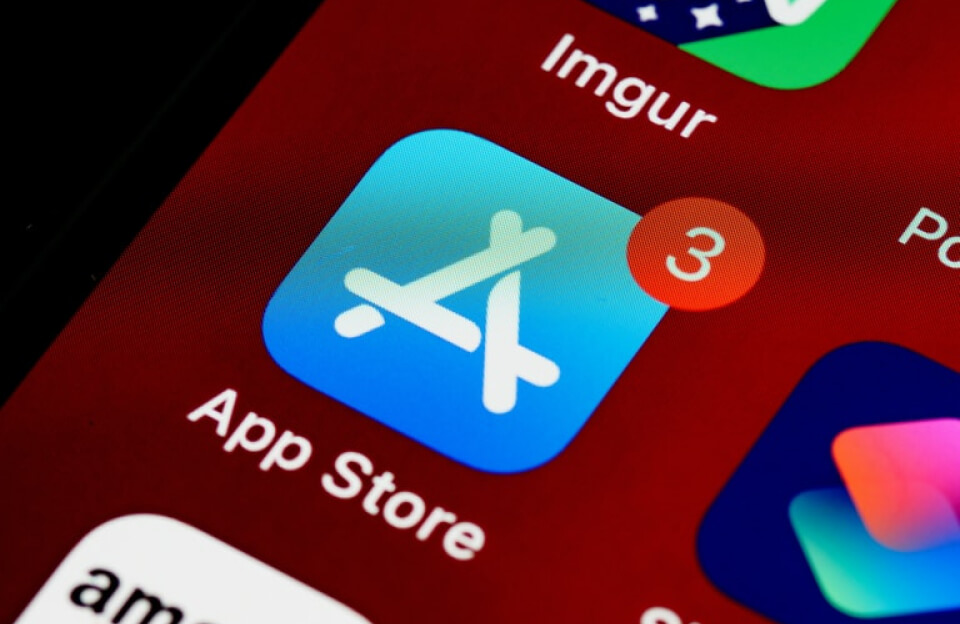In recent years, the intersection of healthcare and technology has gained significant attention, with blockchain emerging as a revolutionary force. While cryptocurrencies initially popularized blockchain technology, its applications extend far beyond the financial sector. In healthcare, the promise of blockchain lies primarily in its potential to enhance data security and improve patient care, addressing many long-standing issues within the industry.
Understanding Blockchain Technology
At its core, blockchain is a distributed ledger technology that allows multiple parties to securely record and share data without centralized control. Each transaction is logged in a "block," linked in chronological order to form a "chain." This decentralized nature ensures transparency, immutability, and security, making it difficult for bad actors to manipulate data or breach security.
Key Benefits of Blockchain in Healthcare
1. Enhanced Data Security
The healthcare sector has long been a target for cyberattacks, with sensitive patient data often at risk. Traditional healthcare databases can be vulnerable due to centralized storage. With blockchain, patient records are stored across a network of computers, making it nearly impossible for hackers to access and manipulate data without detection.
2. Improved Patient Privacy
Blockchain promotes patient autonomy by allowing individuals to control their own health records. Patients can grant access to their data selectively, ensuring that only authorized parties—such as doctors, hospitals, or researchers—can view specific health information. This not only strengthens privacy but also fosters trust between patients and healthcare providers.
3. Interoperability
One of the biggest challenges in healthcare is the lack of interoperability between different systems. Many healthcare institutions use disparate electronic health record (EHR) systems, leading to fragmented patient information. Blockchain can standardize how data is shared across various platforms, allowing for seamless information exchange and enhancing the quality of care.
4. Streamlined Processes
Blockchain can automate and streamline administrative functions such as billing and claims processing. Smart contracts—self-executing contracts with terms directly written into code—can automate payment processing and ensure compliance, reducing administrative burdens and the potential for errors.
5. Drug Traceability
Blockchain can enhance drug traceability, helping to counteract counterfeit medications—a growing global concern. By recording the entire lifecycle of a drug, from manufacture to sale, healthcare providers can ensure that patients receive genuine medications. This transparency not only protects patients but also bolsters trust in the pharmaceutical supply chain.
6. Research and Data Sharing
Blockchain can facilitate secure data sharing for research purposes, allowing researchers to access diverse and extensive datasets while maintaining patient privacy. This can accelerate medical research and innovation, leading to improved treatments and health outcomes.
Challenges and Considerations
Despite its potential, blockchain in healthcare is not without challenges. The technology's implementation requires substantial investment and a shift in existing processes. Additionally, regulatory compliance and standardization of blockchain formats are critical to ensuring security and interoperability.
Furthermore, there is the challenge of scalability. As more data is added, blockchains can become slower and more complex to manage. Addressing these technology-specific challenges will be crucial for widespread adoption in the healthcare sector.
Conclusion
Blockchain technology holds immense promise for the healthcare industry, offering enhanced data security, improved patient care, and streamlined processes. As the industry continues to navigate challenges and explore potential applications, the integration of blockchain could transform the way healthcare is delivered, making it more efficient, secure, and patient-centered.
In the fast-evolving landscape of healthcare technology, the adoption of innovative solutions like blockchain may very well pave the way for a safer and more effective healthcare system for all. As stakeholders from patients to providers work together to realize this vision, the future of healthcare appears not only brighter but also more secure.

